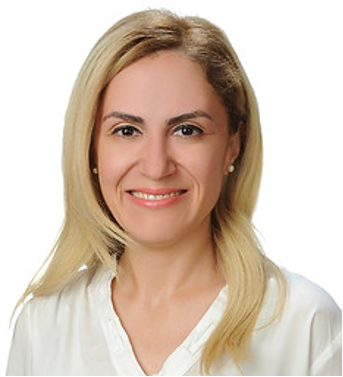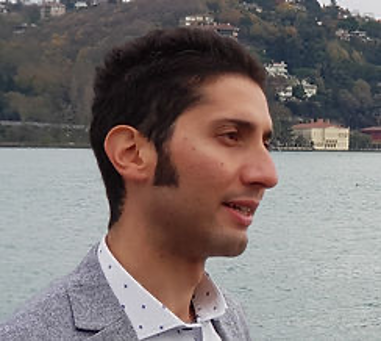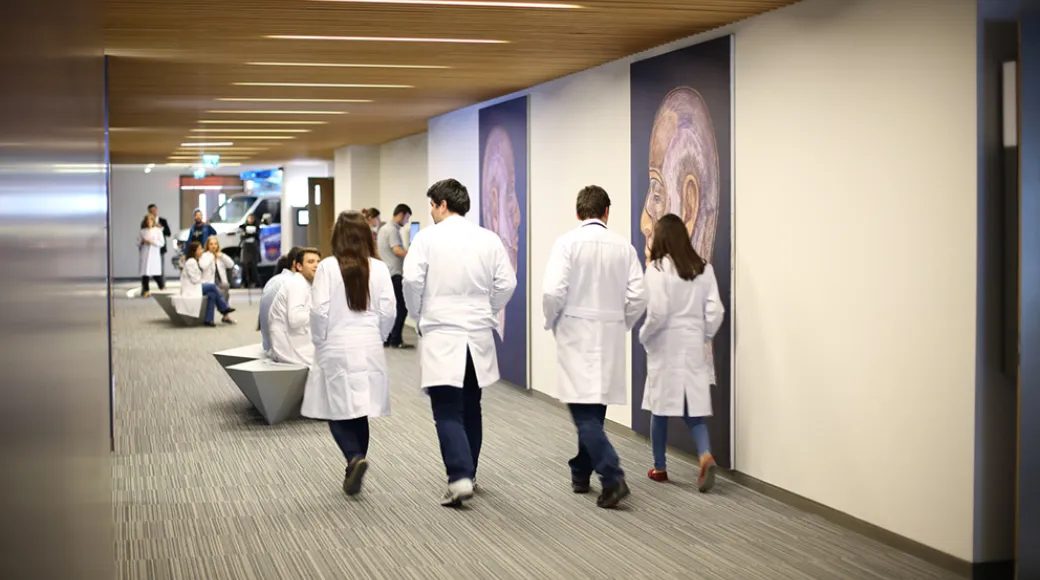
Dr. Seda Nilgun Dumlu
Seda Nilgün Dumlu received her B.Sc. degree in Computer Engineering from Bilkent University. After graduating from Bilkent University, she continued her master's degree in event-related potentials (neuroimaging) at the Department of Medical Informatics at Middle East Technical University...
During her graduate studies, she attended the Surgical Planning Laboratory at Brigham and Women's Hospital, Harvard Medical School as a visiting student. He took part in the studies carried out in cooperation with Dokuz Eylül University Faculty of Medicine. Her Ph.D. at Bogazici University is related to functional brain connectivity patterns in temporal lobe epilepsy and his studies were carried out in collaboration with Martinos Biomedical Imaging Center, Massachusetts General Hospital, Harvard Medical School. She also worked as a lecturer at Istanbul Medipol University, Department of Computer Engineering. His research interests are statistical data analysis and machine learning applications in medicine.

Assoc. Prof. Sinem Burcu Erdogan
Dr. Sinem Burcu Erdoğan received her Ph.D. degree in Biomedical Engineering from Boğaziçi University in 2014. Between 2014 and 2016, she worked as a postdoctoral researcher in the Optomagnetic Research Group at Harvard Medical School...
Currently, she is working as a faculty member of Medical Engineering at Acibadem Mehmet Ali Aydınlar University.
Dr. Erdogan's research is focused on developing neuroimaging data analysis tools and methods to understand the different characteristics of brain hemodynamics in healthy individuals and people with psychiatric, neurovascular, and neurodegenerative disorders. The long-term research goal is to develop decision support systems powered by novel brain imaging biomarkers derived from portable wearable sensor signals. Future research directions are geared towards exploring the use of functional near-infrared spectroscopy (fNIRS) technology as a novel brain-computer interface (BCI) that could allow real-time resolution of mental thought processes, cognitive load, stress level, situational awareness, and impulsivity in natural settings.
Dr. Erdogan has participated in many neuroimaging studies, often based on fMRI and fNIRS-based methods. The overall goal of these projects is to identify novel imaging biomarkers and develop novel analytical methods to distinguish between neuronal and non-neuronal components to accurately detect brain hemodynamic signals. Currently, these methods are integrated into brain-computer interface systems and serve in a broad field of research, such as understanding brain function in health and disease states, determining the effectiveness of pharmacological treatments and therapies, and resolving mental thought processes, emotional states, situational awareness, stress levels and cognitive load.

MD Ph.D. Emre Yorgancigil
I graduated from SDU Faculty of Medicine in 2015 and worked as a family physician for 2 years. At the same time, I have been working as an electronic health records consultant at Acibadem Technology since 2019...
Together with Dr. Burcu Erdogan, I conducted fNIRS neuroimaging experiments on human-robot interactions at ADALAB. In 2021, I received a doctorate degree in neuroscience from Yeditepe University with my thesis titled "Evaluation of Human and Robot Voices with Behavioral and Neuroimaging Methods".
My research interests include facial perception, hemodynamic changes of human-robot interactions, and hemodynamic markers of neurological disorders.


